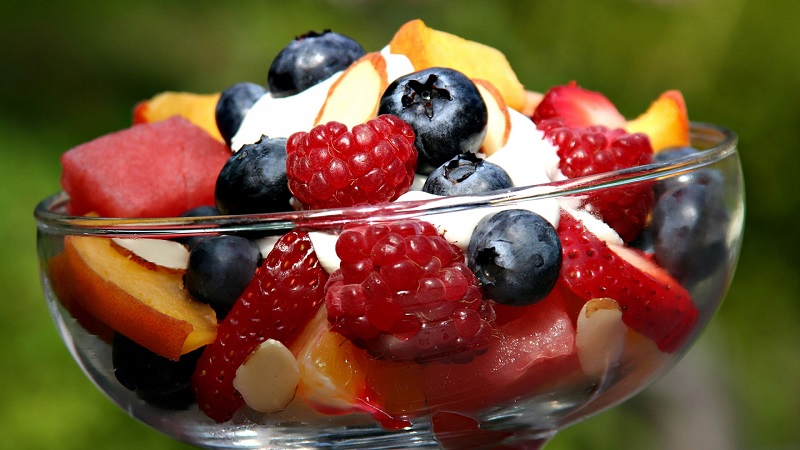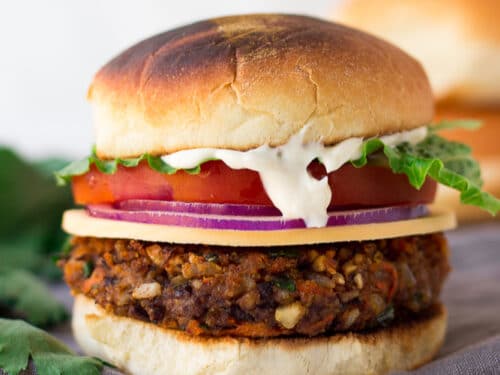Whether you eat a perfectly healthy diet full of fruits and vegetables or you rely solely on fast food, it’s important to consider whether you could benefit from any types of supplements.
The majority of drivers struggle with getting enough fruits and veggies, unprocessed meats, and fibre. This leaves a lot of gaps in their diet, which can be filled with the right products. You don’t need to take a lot of different supplements, but you should consider starting with 1 or 2 depending on your health and diet/lifestyle. The following are the most common supplements that would benefit a trucker, so read on to determine what could work for you!
Multivitamins: Almost every driver could benefit from taking a high-quality multivitamin, as it’s difficult to eat a nutrient-dense diet on the road (even if you cook a lot of your own food). This will reduce deficiencies, boost your immune system, help to improve your overall health, can increase energy, reduce risk of disease, and much more. Head to a health food store (most malls have them) and ask for a high quality multivitamin. Traditional pharmacies carry a very limited selection of vitamins, and they are typically lower quality, which means your body won’t absorb the nutrients efficiently; that’s where the term “expensive pee” comes from!
Individual vitamins: Whether you take a multivitamin or not, there may be other vitamins you are lacking or deficient in, such as B12, Zinc, iron, etc. Have your doctor (or a Naturopathic Doctor) run a detailed nutrient panel to see what you could use.
Vitamin C is great for boosting the immune system, especially while travelling, dealing with a stressful lifestyle, and not having access to a lot of fresh fruits and veggies.
I recommend taking Vitamin D in the winter as it’s difficult to get enough through our diet and we receive limited sunshine during those months, which is how our bodies make Vitamin D.
Protein: Protein deficiencies aren’t as common amongst the general population as protein powder companies would like us to think, but it can tricky to find high quality protein (from meat) sources while on the road. Most of the meat available in restaurants is processed in some way, so I recommend cutting back on it. Finding a clean protein powder (or collagen powder) is a great way to add a little protein to your meals or snacks.
Fibre: Limited fruits and veggies are an issue here again, as well as processed foods containing little fibre. To improve regularity, feel full longer, improve blood sugar, and more, consider adding in a fibre supplement. Pick up psyllium husk or ground flax seeds (at any bulk food store) and add it to smoothies, yogurt, oats, or even to a glass of water.
Omega-3: These fatty acids helps to reduce inflammation and are important for brain health. The standard North American diet is very high in Omega-6 fatty acids, which contributes to inflammation and other health issues, so balancing the ratio with Omega-3’s can be very beneficial. They can be purchased in a pill or liquid form.
Whichever supplements you choose to go with, be sure to run them by your doctor first to make sure they won’t interact with any medication you’re on or health issues you have. Stay consistent so you can receive the benefits and see the changes, and then you can adjust your supplement routine as needed.





[…] levels at an optimal level. A high quality multivitamin is a great starting point, but check out this article for much more information on […]